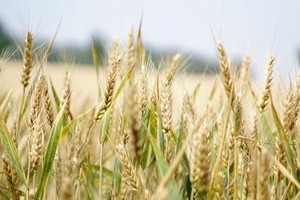Speaker: Gabriela Soto Laveaga, Professor of the History of Science, Harvard University
Join us for a presentation of a paper that addresses the following questions: What new meanings of global networks and knowledge distribution can we gain if we examine wheat, a transplant to the Americas, as a development project export from the Americas? Can wheat seeds from the Americas, specifically Mexico, be used to challenge existing narratives that explain flows of technical aid, scientific knowledge, and, eventually, food aid? This paper posits that our current understanding of development food aid is marred because it uses a flawed understanding of the globe, specifically where hybrid wheat seeds were developed. This misunderstanding originates in powerfully simplistic misconstructions of scientific production which are traced along imperial lines. This paper, then, examines which maps of development aid and new descriptive terms emerge when we shift our analytic gaze by a few degrees to the south. Once we “dislocate stories to the south” we find that hybrid crop projects for national development begin not with the arrival of the Rockefeller Foundation agronomists, botanists, and biologists to Mexico in 1943 as has long been acknowledged but instead these project are rooted in national projects. This paper centers on two distinct national projects (one in Mexico and one in India) for increasing food production based on a broadly conceived idea, in both countries, of science in farmlands. Using these two examples, this paper will illustrate how the often overlooked exchange of ideas between India and Mexico can yield surprising interpretations about flows on knowledge in the twentieth century.
Free and open to the public.
This event is sponsored by the Center for Science and Society.

